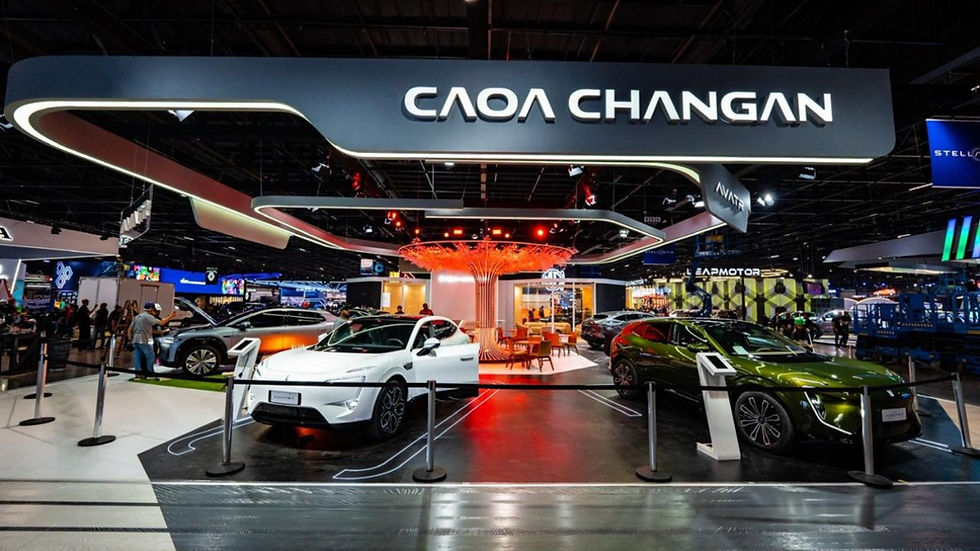Shenzhen Promotes Huawei's HarmonyOS & EulerOS for Domestic Tech Independence
- tech360.tv

- Jul 31, 2023
- 2 min read
Updated: Jan 8, 2024
The southern Chinese tech hub aims to reduce reliance on foreign software like Android by getting companies to use HarmonyOS and EulerOS more.

Shenzhen is encouraging companies and talent to help build up the city's capabilities around two homegrown operating systems developed by telecoms giant Huawei.
The municipal government wants to eliminate reliance on foreign operating systems in key technologies by 2025, according to an action plan. The city aims to have over 10 industries and 100 companies using Huawei's HarmonyOS and EulerOS by 2025.
Government bodies and state firms will be pushed to adopt the operating systems for water, transport and other sectors. Private companies in manufacturing, internet, healthcare and more will also be urged to install the Chinese software.
HarmonyOS is a mobile and internet-of-things system unveiled in 2019 after Huawei lost access to Google's Android software due to US sanctions. EulerOS is an enterprise Linux system for servers that launched in 2021.
Shenzhen wants over 40% of new critical information infrastructure operators using EulerOS by 2025. It also aims for HarmonyOS to take "an important seat" in China's smart device ecosystem.
The city will try attracting talent and firms to build up the operating systems into globally competitive software. There are also goals to drive adoption in other Belt and Road countries and BRICS nations by 2025.
The push comes as China accelerates efforts to rely less on foreign tech amid US export and investment curbs. HarmonyOS' smartphone market share in China grew to 8% in Q1 2022 from just 1% in Q4 2021. EulerOS now has over 430 million installs globally.
Shenzhen is pushing for wider use of Huawei's HarmonyOS and EulerOS to reduce reliance on foreign operating systems like Android.
The city aims to get government bodies, state firms and private companies in various industries to adopt the Chinese operating systems more by 2025.
Shenzhen wants to build up the operating systems into globally competitive software and drive adoption in other countries under initiatives like Belt and Road.
Source: SCMP


